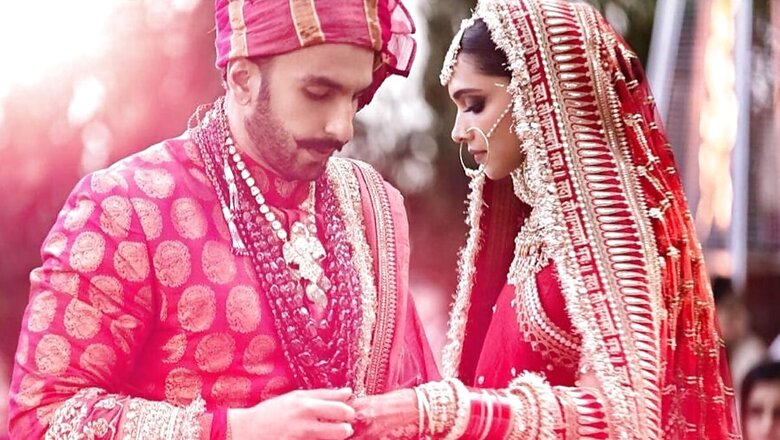
views
Marriage has long been viewed as a societal norm—a necessary step towards a fulfilling life. However, this perception is evolving, and many myths surrounding marriage need to be addressed and debunked. Jeevika Sharma, relationship coach shares eight baseless myths about marriage that should be reconsidered:
- Marriage as a NecessityContrary to popular belief, marriage is not a prerequisite for happiness or life fulfillment. Individuals can lead happy and successful lives without being married.
- Lifetime Partnership and SupportThe notion that marriage guarantees a lifetime partner who will be there through thick and thin is a myth. Marriage does not inherently transform a selfish or emotionally distant person into a supportive partner.
- Marriage Equals HappinessHappiness in marriage is not automatic. While love can bring joy, not all marriages experience the same level of emotional connection or fulfillment.
- Compromise vs. UnderstandingThe idea that compromise is essential in marriage overlooks the importance of genuine understanding and support. Couples should prioritize mutual respect for each other’s goals and ambitions.
- Healthy FightsConflict is not a healthy aspect of marriage. Instead, effective communication and conflict resolution are key to maintaining a strong relationship.
- The Right Person MythThere is no universal “right” or “wrong” person for marriage. Compatibility and a deep emotional bond matter more than conforming to a societal ideal of the perfect partner.
- Individuality in MarriageCouples don’t need to share every activity. It’s healthy for partners to maintain individual interests and friendships outside of the relationship.
- Children as a FixHaving children does not inherently improve a struggling marriage. Staying together solely for the sake of children can lead to more unhappiness and stress within the relationship.
Redefining Marriage
In today’s society, the concept of marriage is being redefined. It’s crucial to acknowledge that marriage is not a one-size-fits-all solution for a fulfilling life. Instead, individuals should prioritize mutual respect, understanding, and emotional connection in any relationship, married or not. By dispelling these myths, we can foster healthier perspectives on relationships and support individuals in making informed choices about their personal lives. Marriage should not be seen as a necessity but as a choice—one that should be based on genuine connection and mutual happiness.




















Comments
0 comment